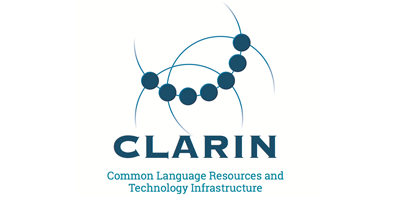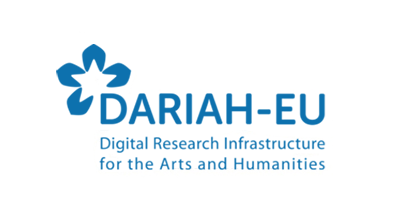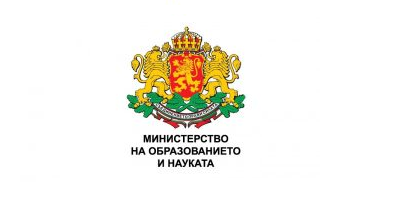Sofia University “St. Kliment Ohridski”
Sofia University “St. Kliment Ohridski” is the oldest higher education institution in Bulgaria and a leading research university in a significant portion of the scientific and applied research fields in the country. Teaching and research activities at the University are carried out in 16 faculties and 3 departments. The structure of the higher education institution also includes numerous independent units and centres, including the University Library, the University Publishing House, several museums, a University theatre, and the University media. In accordance with its leading role as a research university, Sofia University is a coordinator or partner in various national and international research networks, projects, infrastructures, etc., including CLaDA-BG.
Within CLaDA-BG, Sofia University is a technological partner that develops and provides collections, services and products related mainly to Digital Humanities and cultural and historical heritage. The representatives of Sofia University in CLADA-BG coordinate the connection with the European infrastructure DARIAH ERIC (https://www.dariah.eu) and CLADA-BG’s contributions to the DARIAH network and the Social Sciences and Humanities Open Cloud (SSHOC; https://sshopencloud.eu/). The interest of Sofia University’s researchers involved in CLADA-BG’s activities is also directed towards the creation of educational resources for the application of new technologies in the Humanities and cultural heritage.
Among the more important collections, products and services of the Sofia University within CLADA-BG are: the AIAX platform for publishing historical documents in ΤΕΙ ΧΜL (https://marketplace.sshopencloud.eu/tool-or-service/VvunpT), the collection of ancient Greek inscriptions from Bulgaria Telamon (https://telamon.uni-sofia.bg) based on this platform, the Latin-Bulgarian e-dictionary (https://latino.epistone.net/), the digital Annals of the Plovdiv Metropolitan See (https://kondiki.epistone.net/), the ORASIS collection of medieval church frescoes (https://orasis.epistone.net), both currently in the pilot stage of development, etc. Through its various activities within CLADA-BG, Sofia University strives not only to present a complete product or service to the general public, but also to develop technological solutions, tools and approaches, methodologies (workflows) and the relevant competent specialists to apply them in different cases. The SU team at CLADA-BG provides its technologies and experience in adapting its services to the creation of various other platforms: the international PROMETEUS project under the Creative Europe Program (Promoting Universal Values through Digital Epigraphy and Cultural Heritage; https://prometheus-epigraphy.eu), the TITVLI collection of Latin inscriptions (https://tituli.naim.bg/) of the National Archaeological Institute with Museum at the Bulgarian Academy of Sciences, the DigitalSEE platform (https://digitalsee.epistone.net/en/index) to the SUMMIT project of Sofia University under the Recovery and Resilience Plan, etc.
Among the more important collections, products and services of the Sofia University within CLADA-BG are: the AIAX platform for publishing historical documents in ΤΕΙ ΧΜL (https://marketplace.sshopencloud.eu/tool-or-service/VvunpT), the collection of ancient Greek inscriptions from Bulgaria Telamon (https://telamon.uni-sofia.bg) based on this platform, the Latin-Bulgarian e-dictionary (https://latino.epistone.net/), the digital Annals of the Plovdiv Metropolitan See (https://kondiki.epistone.net/), the ORASIS collection of medieval church frescoes (https://orasis.epistone.net), both currently in the pilot stage of development, etc. Through its various activities within CLADA-BG, Sofia University strives not only to present a complete product or service to the general public, but also to develop technological solutions, tools and approaches, methodologies (workflows) and the relevant competent specialists to apply them in different cases. The SU team at CLADA-BG provides its technologies and experience in adapting its services to the creation of various other platforms: the international PROMETEUS project under the Creative Europe Program (Promoting Universal Values through Digital Epigraphy and Cultural Heritage; https://prometheus-epigraphy.eu), the TITVLI collection of Latin inscriptions (https://tituli.naim.bg/) of the National Archaeological Institute with Museum at the Bulgarian Academy of Sciences, the DigitalSEE platform (https://digitalsee.epistone.net/en/index) to the SUMMIT project of Sofia University under the Recovery and Resilience Plan, etc.
EU Context and Financial Support



